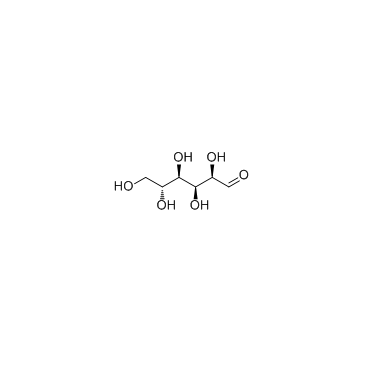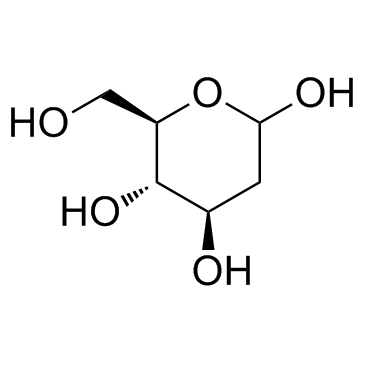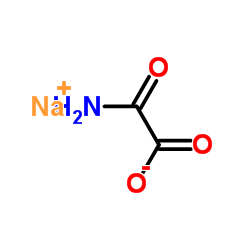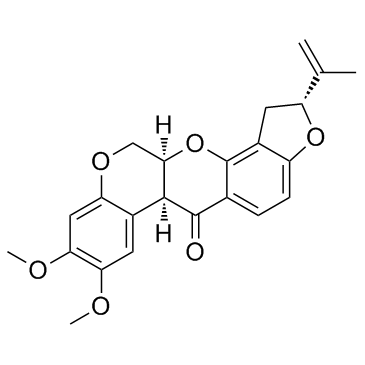| Structure | Name/CAS No. | Articles |
|---|---|---|
 |
D-(+)-Glucose
CAS:50-99-7 |
|
 |
2-Deoxy-D-glucose
CAS:154-17-6 |
|
 |
Sodium oxamate
CAS:565-73-1 |
|
 |
Rotenone
CAS:83-79-4 |